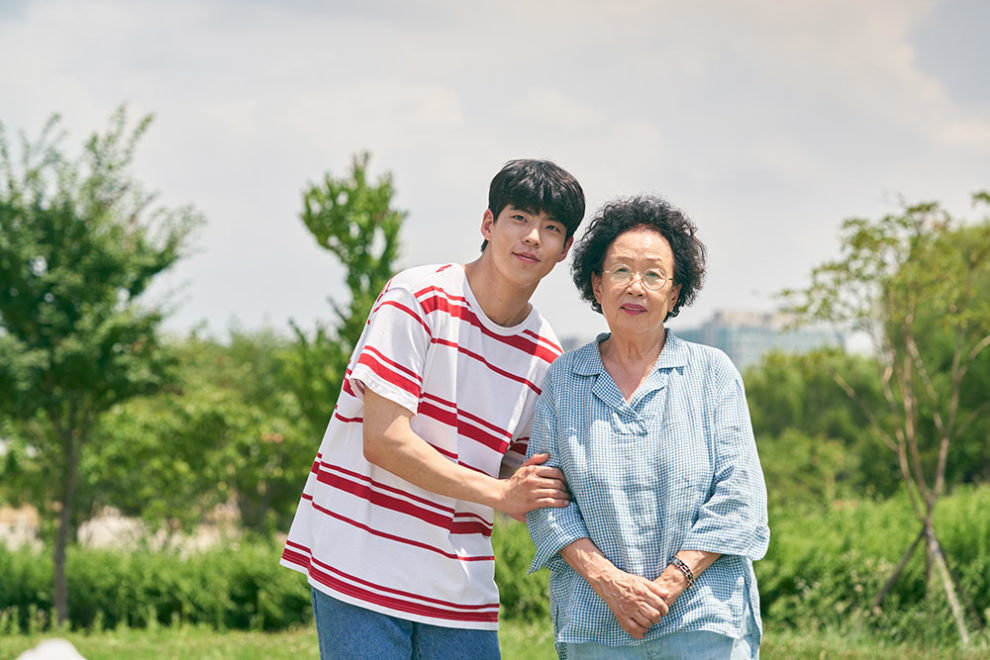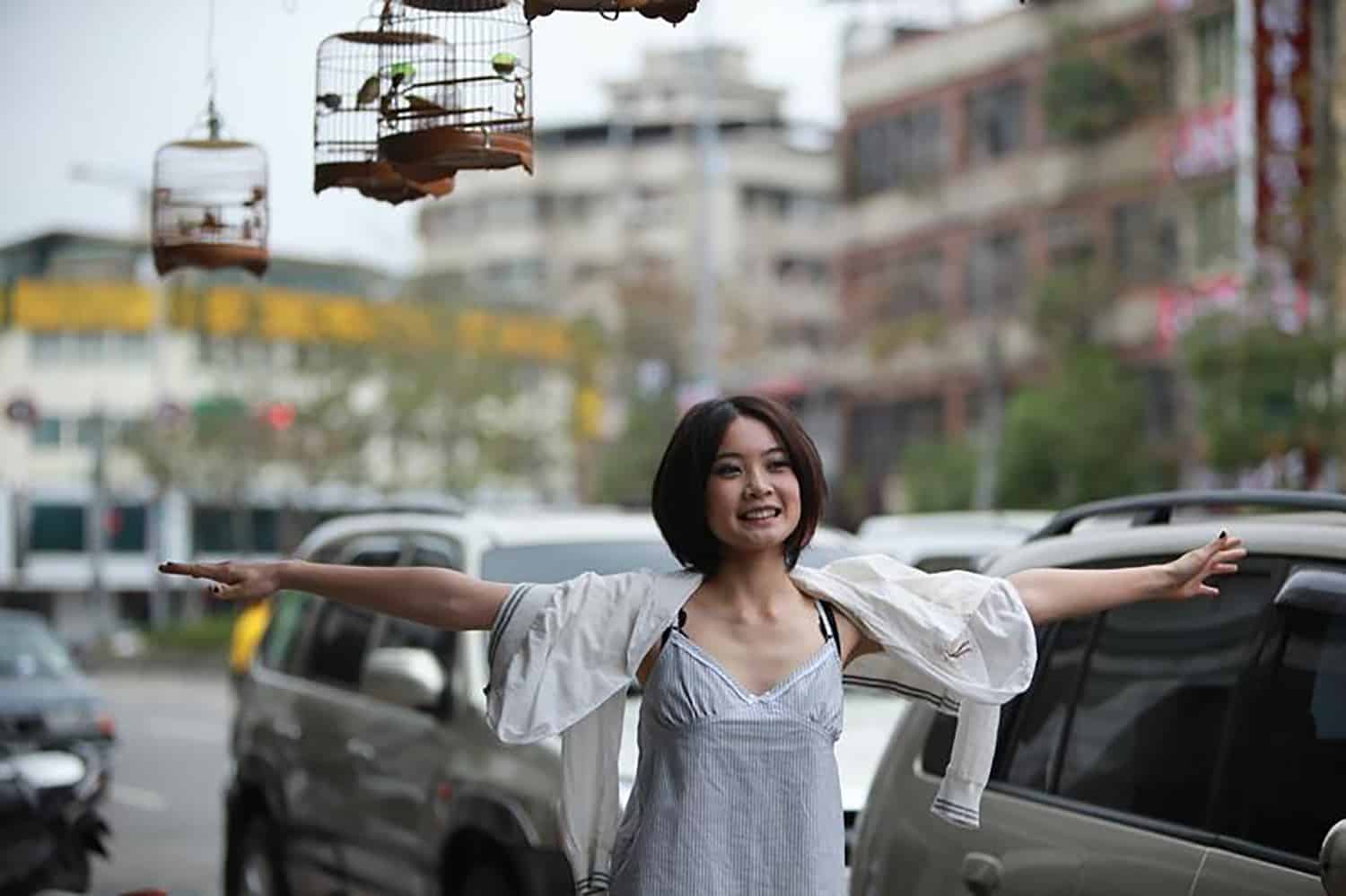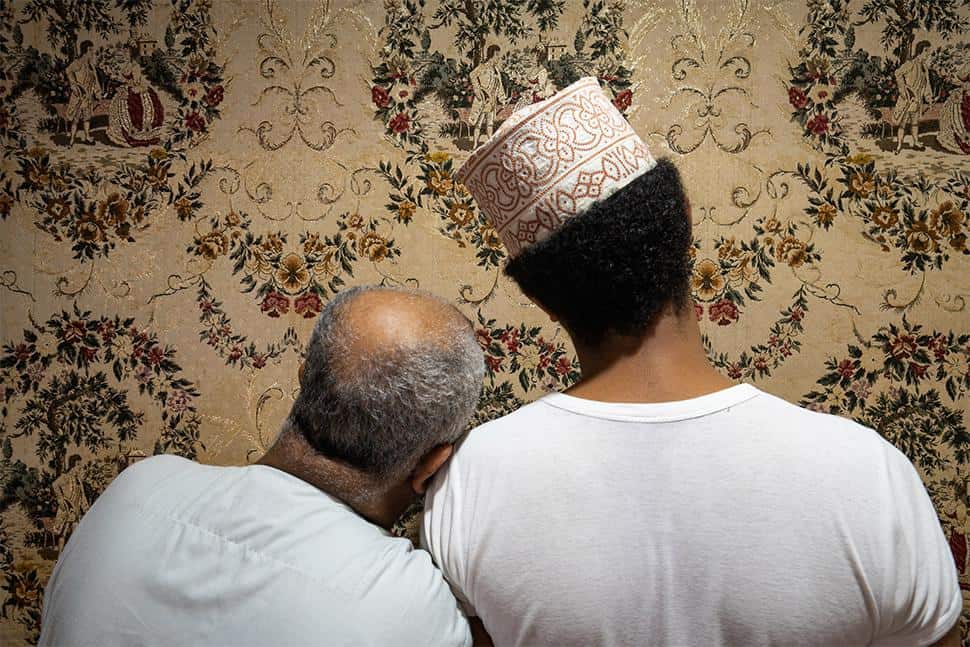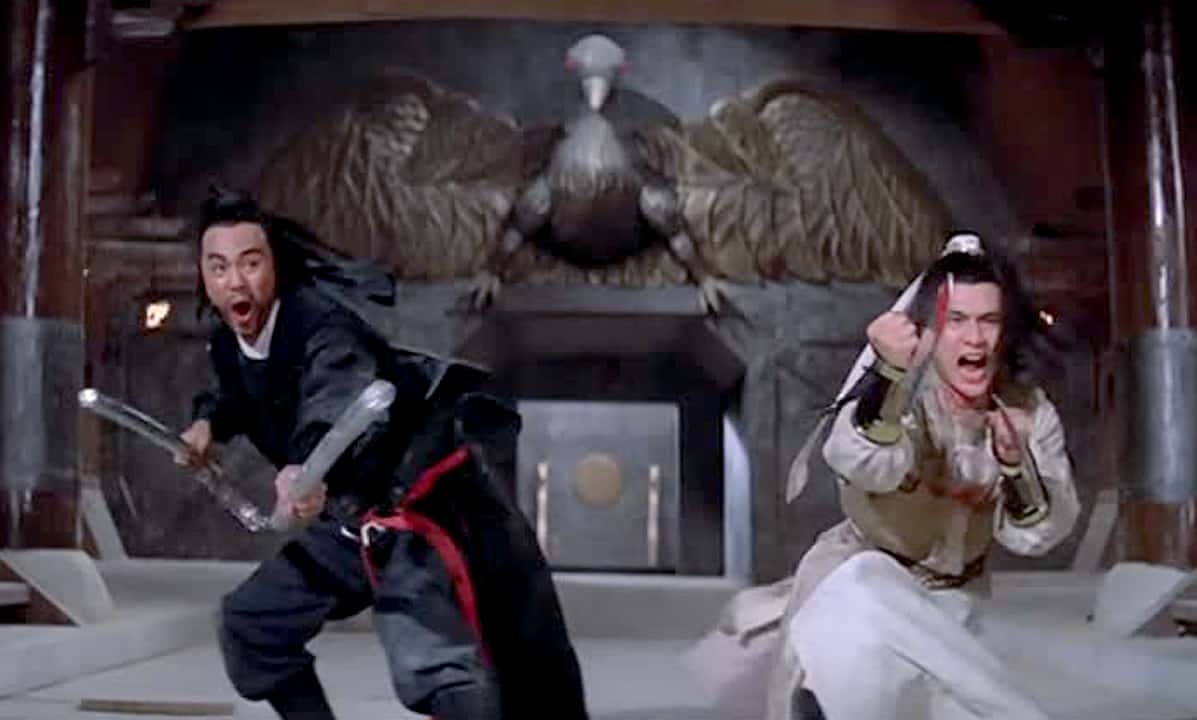The elderly have been an interesting talking point for Asian cinema this year. Chie Hayakawa's “Plan 75” surprised Cannes Film Festival with a bleak and shocking vision to solve the problem of Japan's rapidly ageing population. Director Lee Soon-sung takes a much brighter and cheerful approach to the subject in “My Perfect Roommate”, his debut feature.
Geum-boon is a 70-year-old lady who has always lived alone, with no family to call her own. Ji-woong is a university student who is a regular part-timer, doing any job he can to make and save money. As part of the government's Saving Rent Project with Elderly Living Alone Programme, the two find themselves having to live together, which is an adjustment for both. Geum-boon suddenly finds herself having to adapt to having someone else in her domicile. She isn't the easiest person to live with, a grumpy old lady who has one rule too many for Ji-woong, who isn't even allowed to poop in the house or bring around guests of any kind. This is especially inconveniencing as one of Ji-woong's favourite part-time jobs is as a dog-sitter. Slowly but surely, as the feature's title would suggest, the two start to warm up to each other and to each other's positives and negatives.
Having started in the industry as a boom operator years ago and proceeding to make a career as a real-time recordist, Lee Soon-sung makes a move behind the camera with “My Perfect Roommate”, working off his own script, which tackles a number of themes in its brisk 91 minutes runtime. Foremost, it's an ode to the elderly and their plight, having to live alone and without much support from their busy and self-occupied families. Their friends, who find themselves in similar plights, are the closest they get to a family, probably precisely because they are in the same boat. Loneliness is a constant topic of the narrative, not limiting itself to just the elderly, with the young Ji-woong too feeling alone. Despite having friends and a healthy social life, he feels unable to open himself up to his friends, finding solace only with the people who grew up in the same circumstances as him. As a result, seeing both Geum-boon and Ji-woong warm up to each other is pleasing and almost heart-warming.
The script also touches upon the subject of the upbringing of an individual. In a filial society such as South Korea's, where a lot of emphasis is placed on the way parents raise their children, orphans are often treated with disdain and a certain prejudice. Lee argues that it is not just to the parents' credit how a child turns out to be as an adult. Using Ji-woong and the subplot of his friends, he shows how orphans grow up by themselves and make their own destiny, showing both sides of that coin and determines that it depends very much on the individual as well to be a better person in society. Briefly he also talks about mortality and the need to live on, alone if necessary but better if with someone, a topic that could have been done with more exposition, and on the importance of family.
This would have been a much lesser feature had it not been for the presence of loveable veteran actress Na Moon-hee, who practically carries the film on her two aged but nonetheless strong shoulders. In her capable hands, the grumpy grandma too proves to be very likeable and motherly, as Ji-woong soon finds out. Oozing pure grandma energy, you just want her to give you a hug, so when she finally does give Ji-woong one, you can't help but feel a pang of jealousy towards Choi Woo-sung's character. Making his first big screen appearance after taking part in a few tv dramas, Choi is adequate as the college boy, but feels a bit wet behind the ears, something that he might be able to rectify with more feature film appearances. He does play well alongside Na Moon-hee though, who takes good care of her young co-star. She has played this role of a grumpy ajhumma a few times now, but just like Ma Dong-seok's hardman act, it is one that you cannot tire of seeing.
Keeping an equally bright and cheerful look with Choi Min-hwan's cinematography, “My Perfect Roommate” isn't necessarily ground-breaking cinema, but it has a clear story to tell which it manages to put across effectively, and, bolstered by a fine performance from its lead actress, ends up being a cute feature that is a pleasant watch.
















